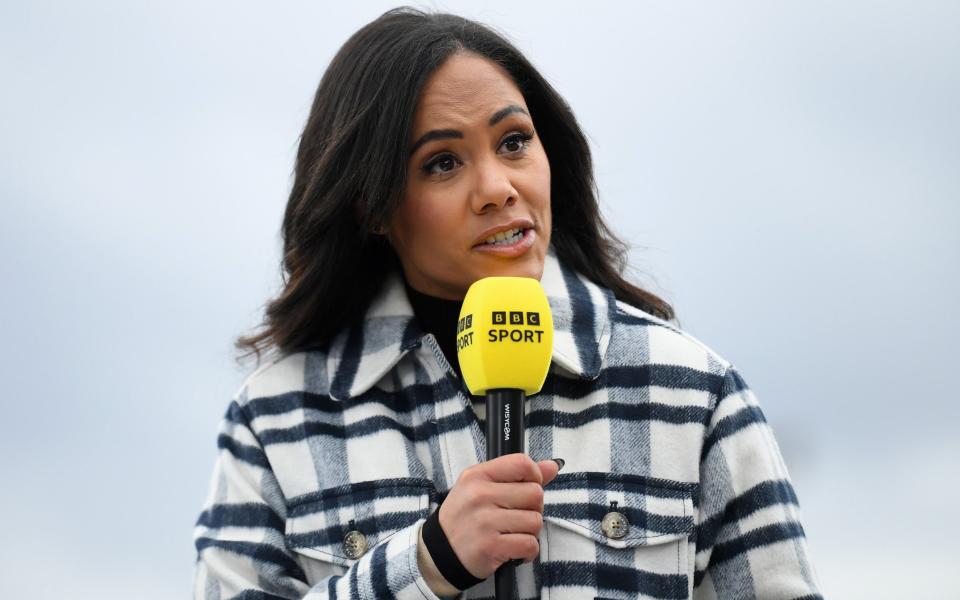How to watch the 2023 Women’s World Cup Final on TV in the UK and US


The Women’s World Cup is reaching its climax this weekend as England take on Spain in the World Cup final tomorrow morning.
How to watch in the UK
BBC and ITV submitted a joint bid and are sharing coverage of the games and each will televise the final after the BBC hosted both semi-finals.
ITV will show the third-place game. The BBC also has live radio rights and broadcasts commentary on BBC Radio 5 Live and 5 Sports Extra.
The BBC’s TV coverage is presented by Gabby Logan, Alex Scott and Reshmin Chowdhury. Pundits include Euro 2022 winner Ellen White, former Lionesses captain Steph Houghton and England’s most-capped player, Fara Williams
ITV’s mainstay is Laura Woods, backed up by Seema Jaswal and Michelle Owen.

Wherever you are watching, take a look at these Women’s World Cup betting offers and free bets
How to watch in the United States
Fox has the English language rights to the World Cup for the third tournament in succession and is spreading the games on Fox and FS1 while Peacock, Telemundo and Universo will broadcast the games in Spanish.
Fox’s studio team comprises Carli Lloyd, Karina Leblanc, Alexi Lalas, Ariana Hingst, Kate Gill, Stuart Holden and Heather O’Reilly while commentators include JP Dellacamera and Jacqui Oatley.
The final is on Sunday, August 20, kick-off at 6am ET, 3am Pacific.

The controversy over TV rights
Fifa’s decision to unbundle the broadcasting rights for the Women’s World Cup from the men’s tournament for the first time provoked a bitter stand-off between the governing body and the “big five” European markets – UK, Germany, France, Italy and Spain.
Given that the scheduling in the southern hemisphere rules out any hope of prime-time kick-offs, the initial offers were low, as little as one per cent of the offers for the men’s rights, provoking Gianni Infantino, the Fifa president, to call them a “slap in the face” to the players and “all women worldwide”.
After a long argument in the winter that spiralled into spring, Infantino took the doomsday option, threatening a media blackout for Europe’s traditional financial powerhouses. “It is our moral and legal obligation not to undersell the Fifa Women’s World Cup,” he said. “Therefore, should the offers continue not to be fair, we will be forced not to broadcast the Fifa’s Women’s World Cup into the ‘big five’ European countries.”
After six weeks of bargaining and rhetoric, a compromise was reached and a deal announced with the “big five” on June 15.
In the United States, long-standing agreements for both English and Spanish-language rights had been more straightforward.
